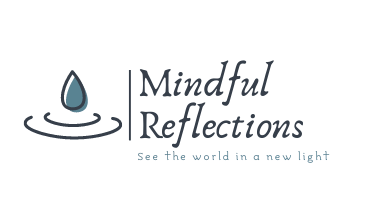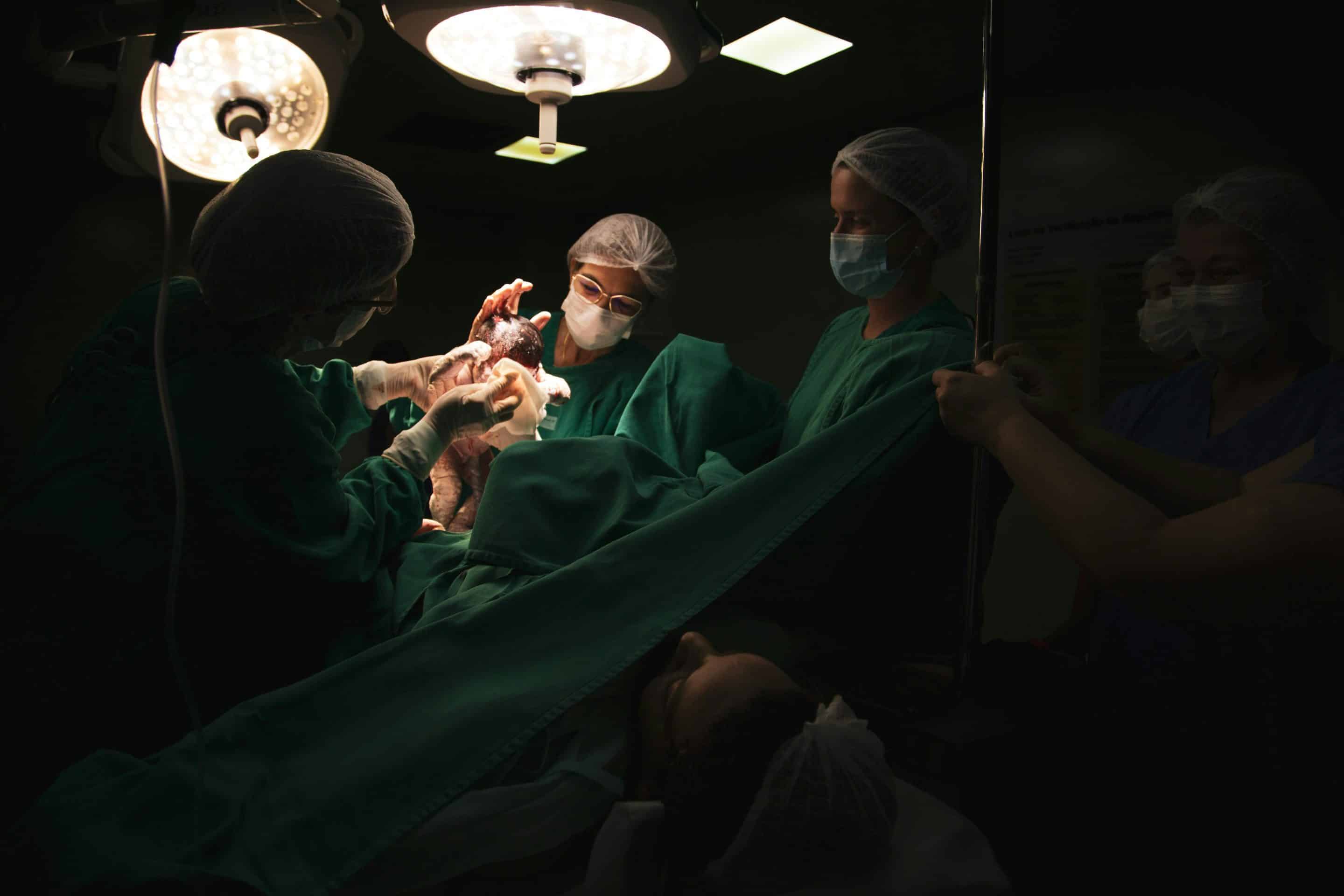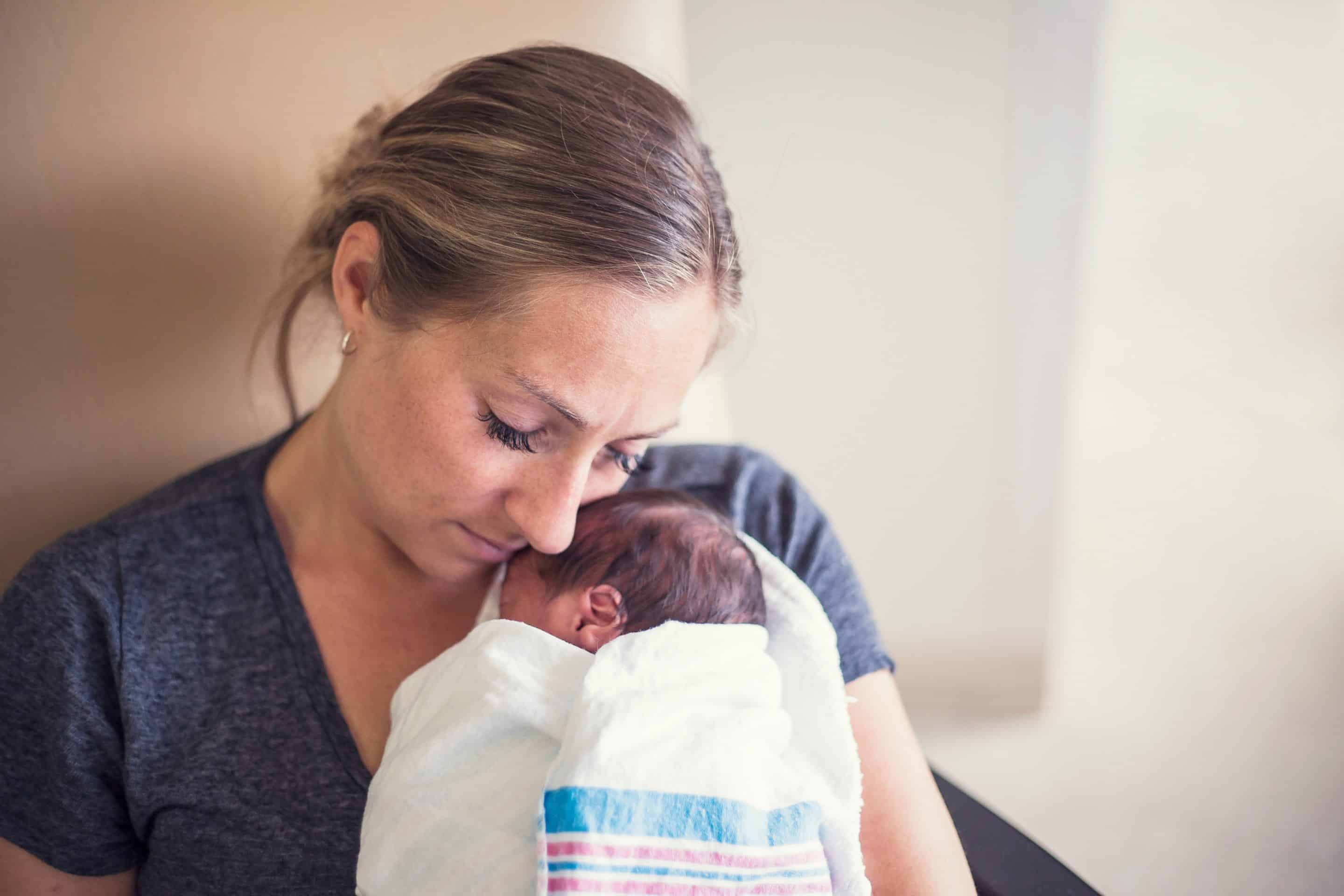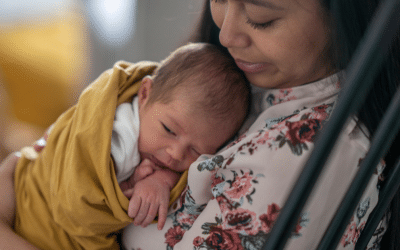Postpartum Therapy for C-Section Recovery: Emotional Healing Beyond the Physical
For many mothers, a C-section can feel both miraculous and overwhelming. While the physical scars heal over time, the emotional recovery often takes longer—and that’s perfectly okay. If you’ve found yourself struggling with the unexpected feelings that come after a C-section, know that you are not alone, and your experience is valid.
The Emotional Impact of a C-Section Birth
A C-section is a major surgical procedure, but it’s also an emotional journey. For some mothers, the need for a C-section may arise unexpectedly, turning a planned vaginal delivery into an emergency. For others, it may have been a scheduled C-section that carries its own set of mixed emotions.
Many mothers report feelings of loss, disappointment, or even guilt after a C-section. They might grieve the birth experience they had envisioned or struggle with a sense of failure. Others may feel traumatized by the lack of control, speed of delivery, or intensity of an emergency C-section.
The reality is that these feelings are incredibly common. Studies show that approximately **1 in 6 women (16.6%) exhibit postpartum depression symptoms two months following a cesarean delivery**, and the prevalence of PTSD after cesarean delivery ranges from 4% to 20% within the first year postpartum. Severe postoperative pain or a negative birth experience can further increase these risks.
Mental Health Challenges That Can Surface After a C-section
C-section births can lead to inique mental health challenges, including:
- Postpartum Depression: Mothers who have undergone a C-section are more likely to experience PPD compared to those who had vaginal deliveries. Feelings of inadequacy, combined with the physical demands of recovery, can exacerbate depressive symptoms.
- Posttraumatic Stress Disorder (PTSD): Emergency C-sections, in particular, can leave mothers feeling as though they lacked control over their birthing experience. The unexpected nature of the procedure, combined with feelings of fear or helplessness, can lead to lingering trauma.
- Anxiety: Concerns about physical recovery, the health of the baby, or the ability to care for a newborn while healing from major surgery can amplify anxiety.
- Guilt and Shame: Some mothers report feeling as though they “failed” because they didn’t deliver vaginally, which can lead to shame and a sense of isolation.
- Bonding Difficulties: Physical pain and limited mobility during the recovery period can sometimes interfere with early bonding experiences, which may add emotional strain.
How Therapy Supports Emotional Healing After a C-Section of Your
Postpartum therapy offers a safe space for mothers to process their emotions and navigate the complex feelings that often accompany a C-section.
- Helps you feel grounded: Therapy can help mothers reconnect with their bodies after a physically and emotionally taxing experience. Techniques such as grounding exercises, body scans, and mindful breathing can reduce tension and foster a sense of safety within the body.
- Processing Difficult Emotions: Many mothers experience a wave of intense emotions following a C-section, including grief, guilt, or disappointment. Therapy provides a compassionate environment to process these feelings and work through the emotional pain associated with the birth experience.
- Addressing trauma: For mothers who feel overwhelmed or even traumatized by their C-section, therapeutic approaches like EMDR (Eye Movement Desensitization and Reprocessing) or Brainspotting can help desensitize and reframe distressing memories.
- Reclaiming Empowerment: Therapy can assist mothers in reframing their birth story, helping them see their strength and resilience in the face of unexpected challenges. This shift in perspective often fosters self-compassion and emotional healing.
Practical Tips for Emotional Recovery After a C-Section
- Allow yourself to grieve: It’s okay to mourn the birth experience you had hoped for. Acknowledging your feelings is a crucial step toward healing.
- Practice Self Compassion: Speak to yourself with the same kindness you would offer a friend. Remember, your body didn’t fail you; it brought your baby into the world.
- Prioritize Rest and Recovery: Physical healing is closely tied to emotional well-being. Allow your body the time and care it needs to heal.
- Seek Professional Support: Sometimes it is okay and absolutely necessary to reach out for support from a therapist specialzing in postpartum mental health. You do not have to manage it all alone.
Hope and Healing are Possible
Whether your C-section was planned or unexpected, your story matters, and so does your healing—physically, emotionally, and mentally. Recovery is a journey, not a destination, and it’s okay to ask for help along the way.
The path to emotional healing after a C-section may feel overwhelming at times, but you don’t have to walk it alone. With time, support, and the right resources, you can move forward feeling stronger and more empowered.
Mindful Reflections can help. Contact us to learn how.
Previous Posts
Complete Guide to Postpartum Depression
You are not alone.If you’ve found your way here, it’s likely that you — or someone you deeply care...
Can You Have Postpartum Depression After Miscarriage?
Miscarriage is a profound and often isolating experience. For many, the emotional impact is deeply...
Exploring the Impact of Hormonal Changes on Postpartum Mental Health
Postpartum hormones: the rollercoaster you never signed up for. Becoming a mom is an incredible...





